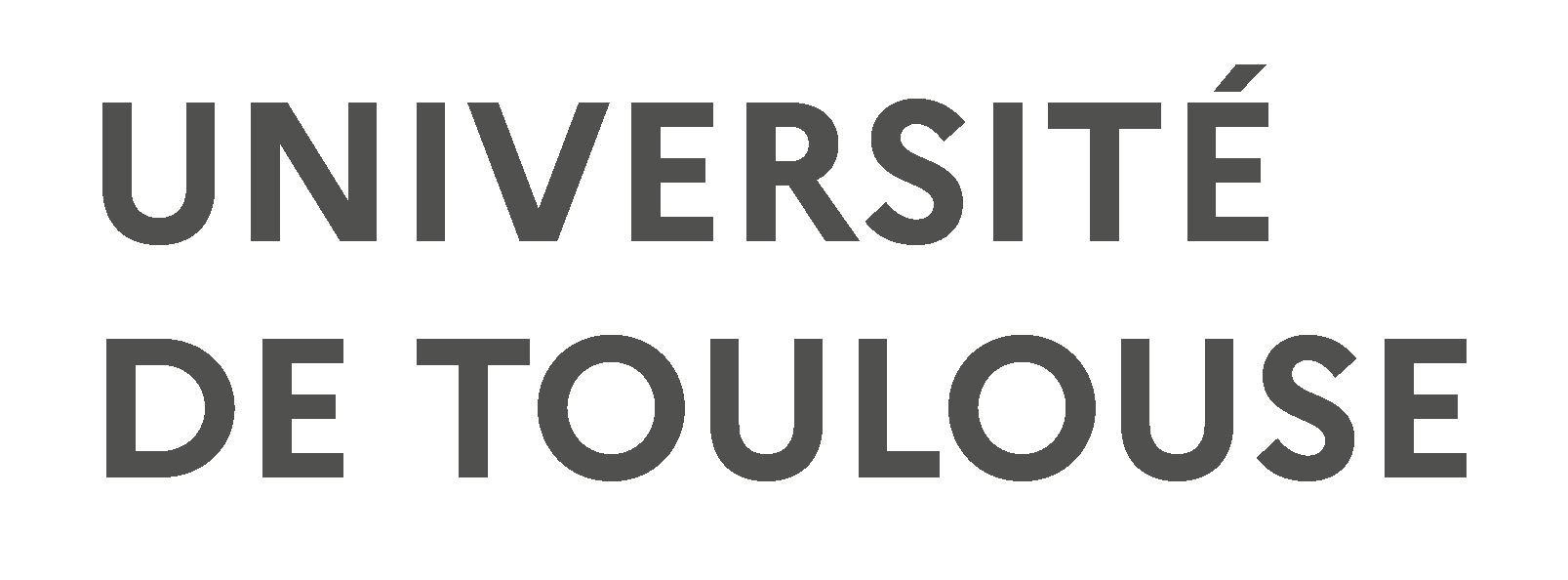A new target to fight certain aggressive leukaemias
Acute Myeloid Leukemia,
FLT3,
C/AAT-enhancer binding protein α,
Jean-Emmanuel Sarry Team METAML– Metabolism and Therapeutic Resistance In Acute Myeloid Leukemia .
Researchers from the Toulouse Cancer Research Centre and the Centre for Translational Research in Onco-Haematology of the Faculty of Medicine of the University of Geneva have teamed up to investigate a new therapeutic approach for acute myeloid leukaemia (AML). To read in Cancer Discovery.
AML is a type of cancer that affects the blood and is characterized by uncontrolled proliferation of certain initiating cells of the immune system. AML disrupts the physiological process of blood cell production, leading to severe symptoms, and up to 60% of cases are fatal.
The researchers focused on mutations in the FLT3 gene, which are associated with poor prognosis and frequent relapse after chemotherapy. They investigated the C/AAT-enhancer binding protein α (C/EBPα), a protein known to be a key transcription factor in myeloid cell differentiation. In a study published in the journal Cancer Discovery, the scientists found that coordinated activation of C/EBPα and FLT3 increases the production of certain monounsaturated fatty acids in FLT3-mutated AML cells, particularly via expression of the enzyme Stearoyl-CoA-Desaturase (SCD).
In addition, the research team found that inhibition of the FLT3 gene causes metabolic changes in response to down-regulation of C/EBPα-SCD, which induces oxidation of cell membrane lipids and thus succeeds in killing leukaemia cells. This discovery identifies a potential therapeutic target and opens the prospect of a novel therapeutic strategy based on the use of molecules capable of inducing cell death through the accumulation of toxic oxidized lipids in AML cells.
Discover the published article
Cancer Discov. 2023 Apr 3;CD-22-0411.doi: 10.1158/2159-8290.CD-22-0411. Online ahead of print.
C/EBPa confers dependence to fatty acid anabolic pathways and vulnerability to lipid oxidative stress-induced ferroptosis in FLT3-mutant leukemia
Marie Sabatier, Rudy Birsen, Laura Lauture, Sarah Mouche, Paolo Angelino, Jonas Dehairs, Lea Goupille, Ismael Boussaid, Mael Heiblig, Emeline Boet, Ambrine Sahal, Estelle Saland, Juliana C Santos, Marc Armengol, Miranda Fernandez-Serrano, Thomas Farge, Guillaume Cognet, Federico Simonetta, Corentin Pignon, Antoine Graffeuil, Celine Mazzotti, Herve Avet-Loiseau, Oceane Delos, Justine Bertrand-Michel, Amelie Chedru, Vilma Dembitz, Paolo Gallipoli, Natasha S Anstee, Sun Loo, Andrew H Wei, Martin Carroll, Armelle Goubard, Remy Castellano, Yves Collette, Francois Vergez, Veronique Mansat-De Mas, Sarah Bertoli, Suzanne Tavitian, Muriel Picard, Christian Recher, Nathalie Bourges-Abella, Fanny Granat, Olivier Kosmider, Pierre Sujobert, Benoit Colsch, Carine Joffre, Lucille Stuani, Johannes V Swinnen, Herve Guillou, Gael Roue, Nawad Hakim, Anne S Dejean, Petros Tsantoulis, Clement Larrue, Didier Bouscary, Jerome Tamburini, Jean-Emmanuel Sarry

Toulouse Cancer Research Center (Oncopole)
Toulouse - FR
Follow us on social network
Contact us
+33 5 82 74 15 75
Want to join
the CRCT team ?




